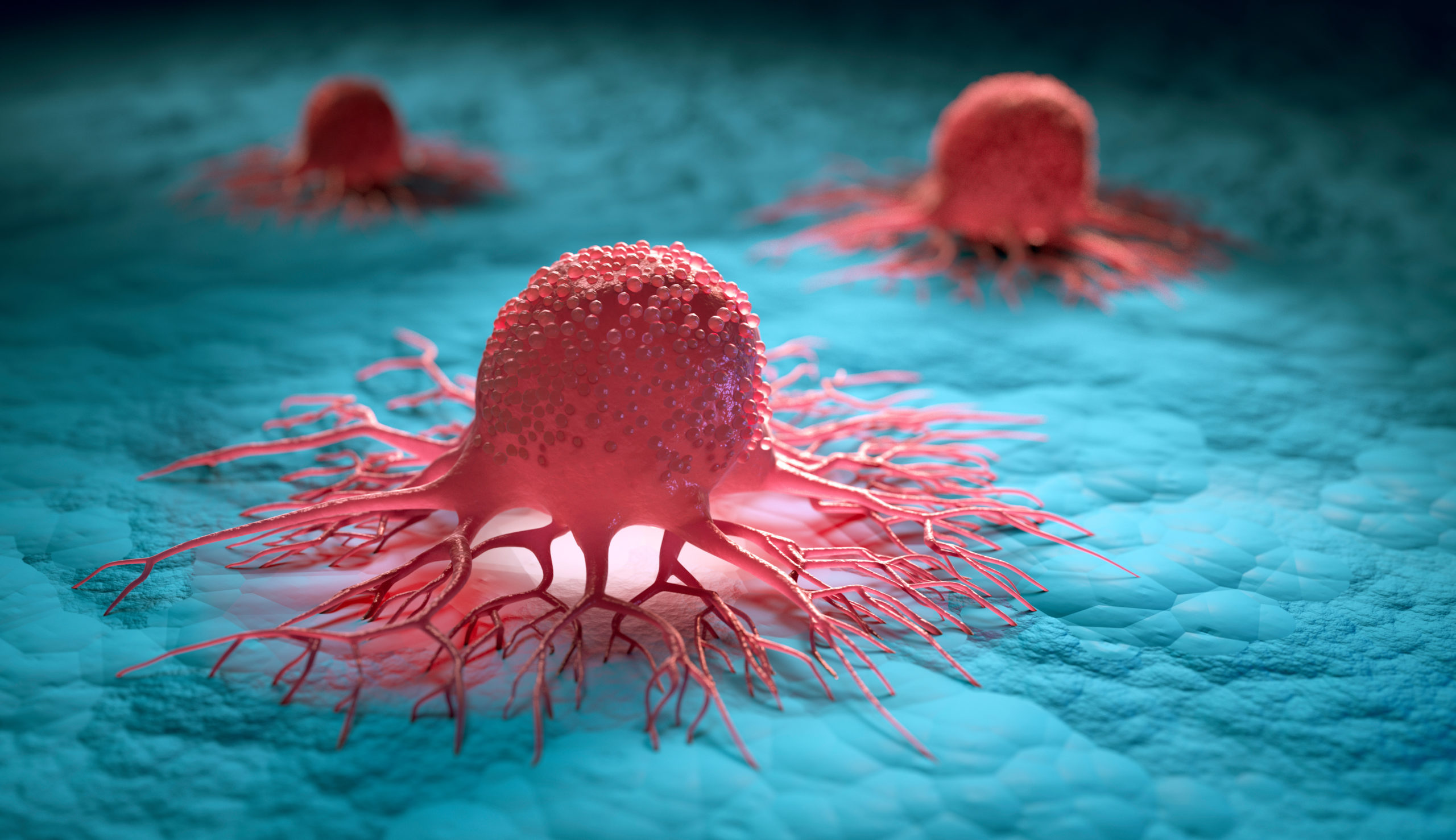Cancer Research UK states that 90% of patients survive when cancer is found early.
Dxcover founders, Prof. Matthew Baker and Dr Mark Hegarty, have developed a novel way to test for early-stage cancer so it can be detected quickly and treated early.
We work on the basis that every day counts – for those patients who need a diagnosis and treatment; for doctors looking for better diagnostic methods; and for healthcare service providers who want to treat patients more effectively and efficiently.
– Dr Mark Hegarty, Co-founder of Dxcover
In 2019, equipped with an initial £258,594 of grant funding from Innovate UK, Dxcover was able to develop and test its new “drop, dry, detect” approach. This early-warning system works by combining infrared with AI to analyse the entire biomolecular make-up of a patient from a single drop of blood. The blood drop is dried on a Dxcover slide and analysed using rapid infrared. The AI-enabled platform is able to detect the presence of cancerous and non-cancerous signals within minutes by comparing the patient’s biomarkers to a biomarker “signature” for brain cancer. Importantly, it delivers same-day results – a vast improvement on the five visits a patient has to make, on average, to their GP before diagnosis.

Dxcover used the Innovate UK grant, along with match funding from Mercia and investment from Scottish Enterprise and Eos, to develop the diagnostic test from its initial prototype and run a clinical trial in Edinburgh with NHS Scotland. Thanks to the trial, the team now has data from over 3,000 patient samples. Not only that, but the results of its latest multi-cancer study have been published in the British Journal of Cancer and demonstrate early detection of breast, colorectal, kidney, lung, ovarian, pancreatic, and prostate cancer in addition to the proven capability in brain cancer.
As Professor of Early Diagnostics, Dxcover CTO Matthew Baker spent years researching the potential of spectroscopy and AI to analyse and distinguish cancer and non-cancer. In 2012, he patented a world-first liquid biopsy test and then, in 2016, his partnership with Hegarty led to a spin-out from the University of Strathclyde. In 2019, they both launched Dxcover. The support from Innovate UK and the data from these trials was vital. Matthew recalls, “The Innovate UK funding got us into clinic early and that’s incredibly important. As soon as we got data from the clinic and got to work with patients who are willing to donate their blood, then we began to prove our technology. That’s why we’re grateful to both. It accelerated our product development, and everything associated with that as well.”
So what’s next? The team has secured over £14m of investment and grants, helping Dxcover grow its team from 4 to 20 in the last four years. A recent grant from the European Innovation Council earlier this year means the team are now embarking on multi-site trials across Europe with a hope to commercialise the test by 2025.
We hope the data from this next set of trials will help us secure European regulatory approval for the brain cancer test. Having demonstrated our multi-cancer capability, we also want to focus on building the pipeline of organ-specific tests. If we can expand our data on colorectal cancer, one of the leading causes of death worldwide, then it will give us a great opportunity to expand into the United States which already has a clear reimbursement pathway.
– Prof. Matthew Baker, Co-founder of Dxcover

